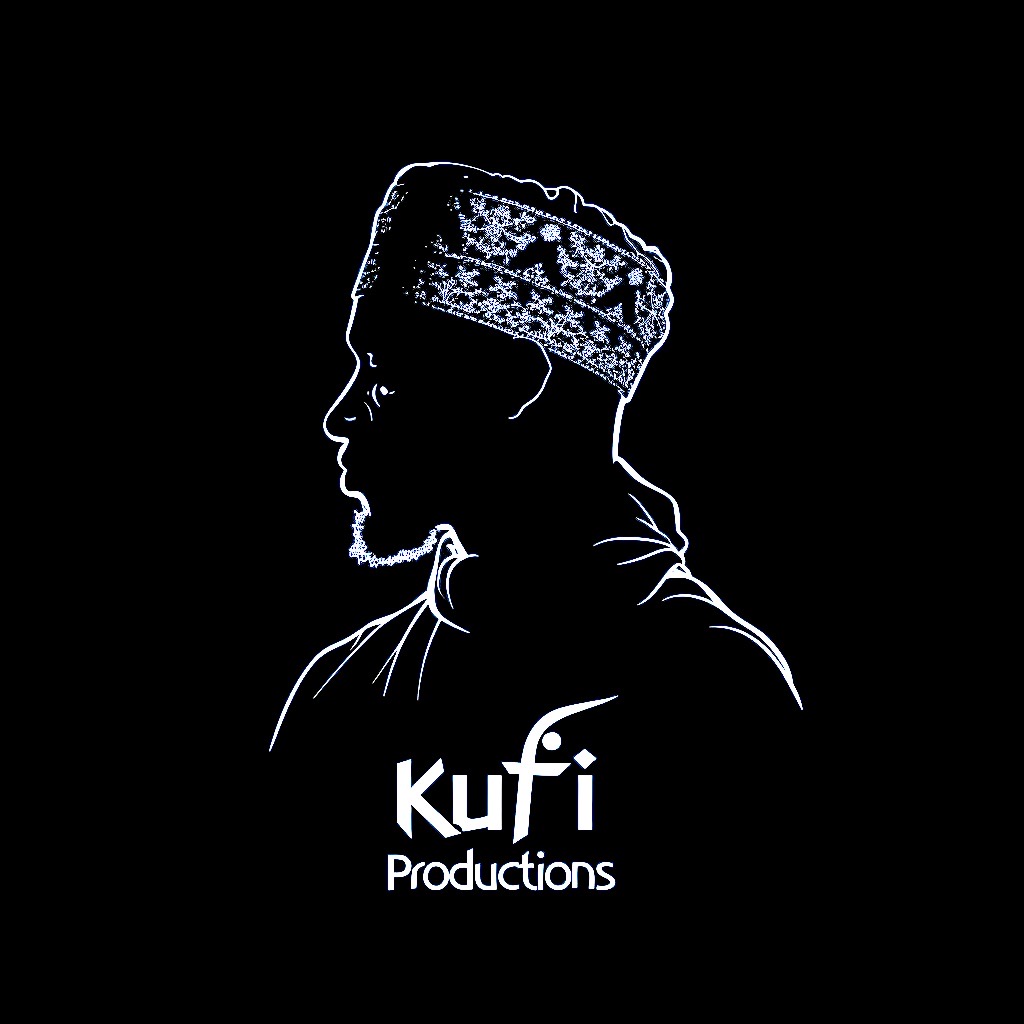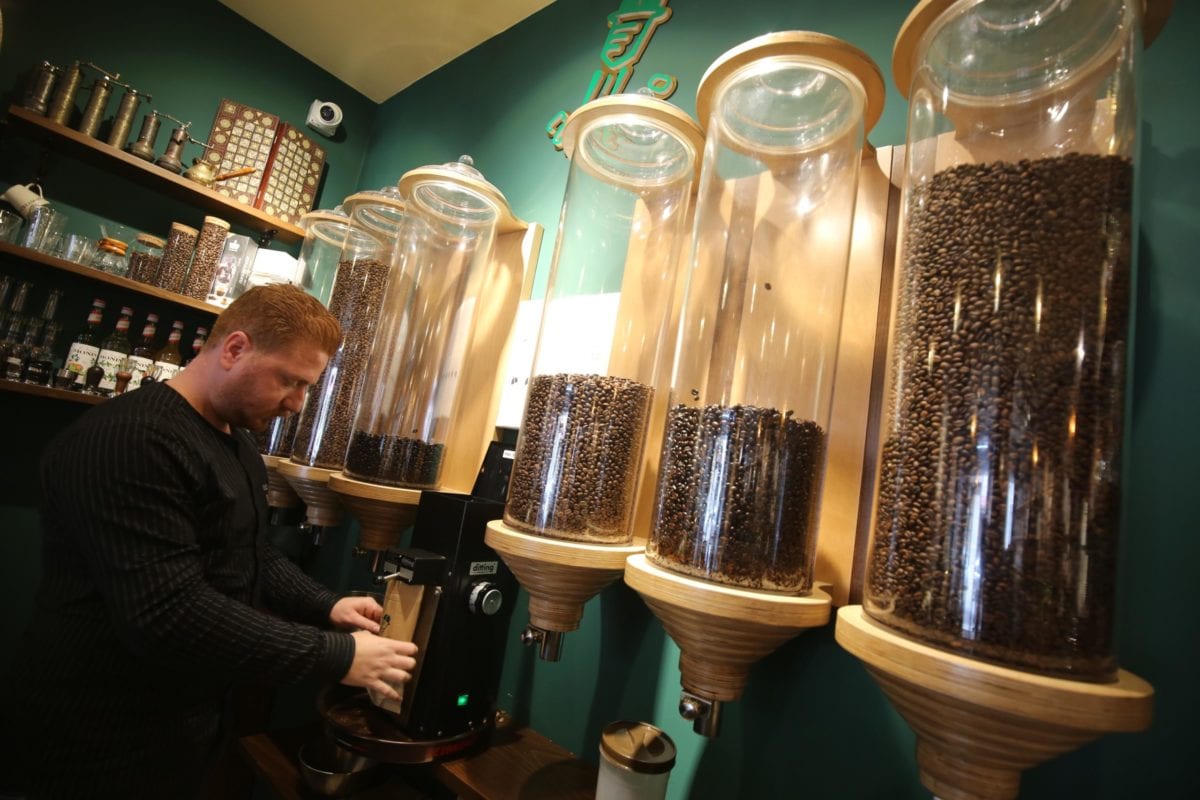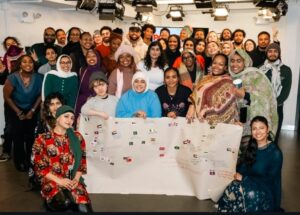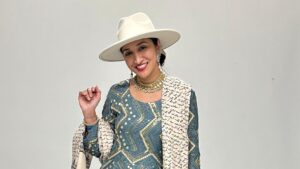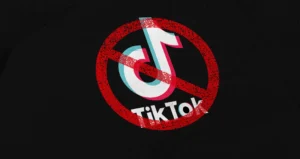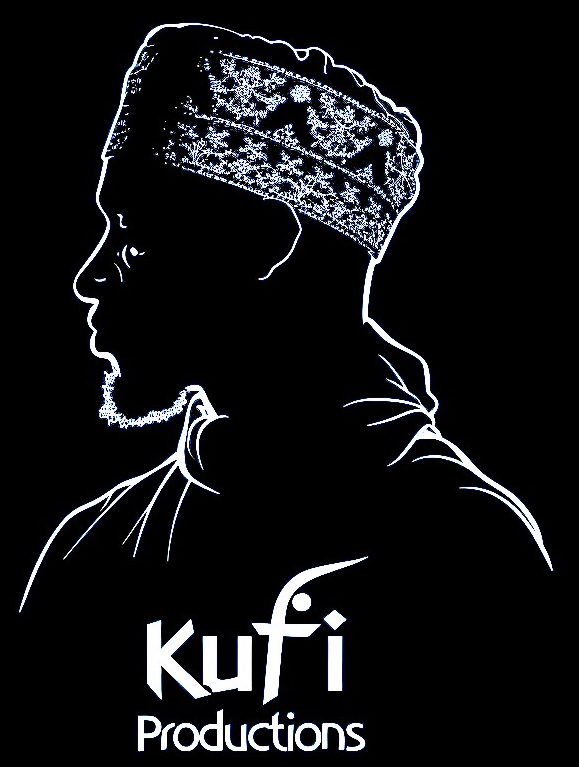In an old neighborhood of Nasr City, the smell of taboon bread filled the air with the first light of dawn. Passersby did not know that this fragrance came from a small kitchen opened by Umm Mahmoud, the Palestinian woman who had arrived only a year ago from Gaza, after surviving the war of extermination and losing her home and everything she owned.
Umm Mahmoud sat with her daughter Aya, remembering the faces of neighbors who had vanished, and the sea she used to hear every night through her broken window in Deir al-Balah. Now, all she had left was this oven and a piece of embroidered cloth she hung on the wall so she wouldn’t forget the colors of her homeland.
A few streets away, Khaled, a young man in his twenties, had started a small project with his friends. They gathered whatever embroidery threads and dresses they had managed to save from under the rubble and spread them out in a small corner of a handicrafts exhibition. Each piece carried the story of a destroyed home, a mother who was gone, or a wedding that never happened.
In the evenings, children gathered around a young Palestinian woman who taught them Arabic and math in a narrow room borrowed from the neighborhood mosque. Some of them still feared loud sounds. Some wrote their names shyly on paper. Every time, their teacher told them:
“My children, we are not guests… wherever we go, we carry our country inside our hearts.”
Life for Gazans in Egypt is not easy. There are no official documents because of government policies; Palestinians have no rights. Everything requires long patience, and dignity is tested every day. Yet something in their hearts refused to let them be just passing refugees.
Together, they formed small cooperatives: A project to distribute food to displaced families, A vocational workshop for young women, A photo exhibition telling stories of houses turned to dust.
Their evenings were full of longing. They spread mats in a small courtyard, drank tea, and spoke about the days of the sea and the oranges. And among all those daily details, one idea remained alive in their hearts:
“We are refugees because the war made us so, but we are not lost. We will build a new life that preserves our dignity and the name of our land.”
In a side alley near Abbassiya Metro Station, Amina, a widow in her thirties, placed a small hand- written sign: “Palestinian Embroidery – Made with Love.”
She sat on a modest plastic chair, embroidering red and green threads into what looked like the map of her homeland. Every piece she sold meant something far greater than money; it meant her memories had not been erased, and her hands could still create beauty despite the devastation.
Her son Yaseen watched her as he helped their Egyptian neighbor carry boxes of fresh bread. He had quickly learned new faces and a new accent, but when he came home at night, he would whisper to his mother before falling asleep:
“Mom… when will we go back?”
“Night of Memory”
In Al-Haram district, four young men rented a small room that their Egyptian neighbors turned into a community support center. Inside, they collected: Essential medicines for those who had fled with nothing.
Notebooks and pens for Gaza’s children so their schooling wouldn’t stop, Used blankets donated by women in the neighborhood. At the end of the week, they organized their first event, calling it: “Night of Memory”
They screened short films documenting the pain of demolished homes, and children drew pictures of their city they could now see only in dreams. Nothing was easy. Some days passed slowly, as if they did not want to end. Their wounds were bigger than their words. But every morning, they woke up and kept building whatever they could: Kitchens, workshops, lessons, poetry evenings, and small dreams of a dignified life.
In an old apartment in Maadi, Palestinian women’s committees sat down to plan a small vocational center to train women in handicrafts and online marketing. One of them looked at a wooden sign that read “Gaza” and said:
“Maybe we’re not there anymore… but we are Gaza, and we will plant her name everywhere we go.”
And every weekend, when they gathered to share their burdens, tea, and longing, they would repeat a sentence to each other that was never written on any banner, but was carved into theirhearts:
“We are not broken… we are not refugees with , we are Palestinians with hands full of work and dignity.”
Thus, in the crowded streets of Cairo, in modest homes and local markets, hundreds of small stories were born—Palestinian projects created by women, men, and children who refused to let exile steal their humanity.
Thus, they kept planting hope, seed by seed, as if they were planting Palestine itself.
Despite everything… we are here, and we will remain.
Alaa Alburai, Kufi Productions
